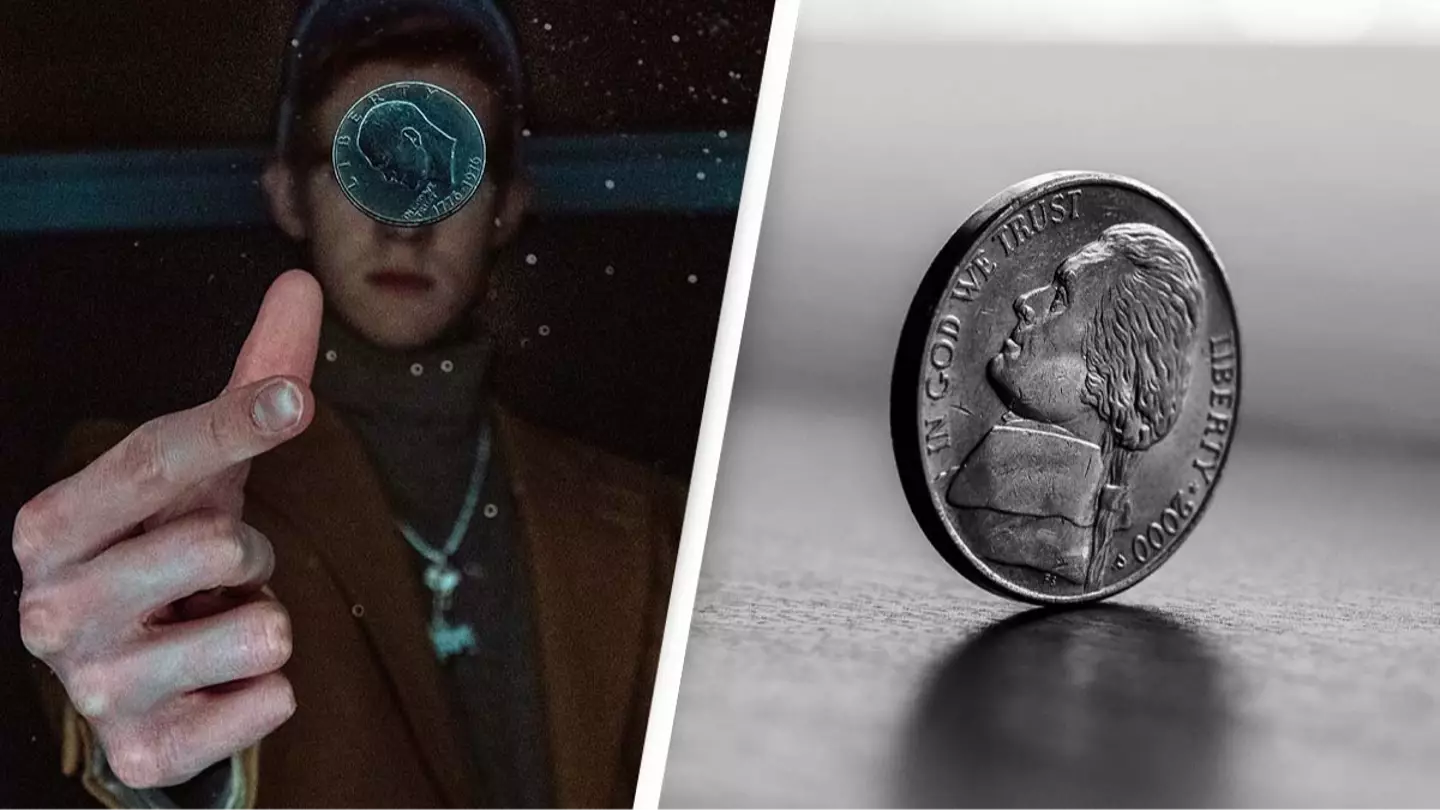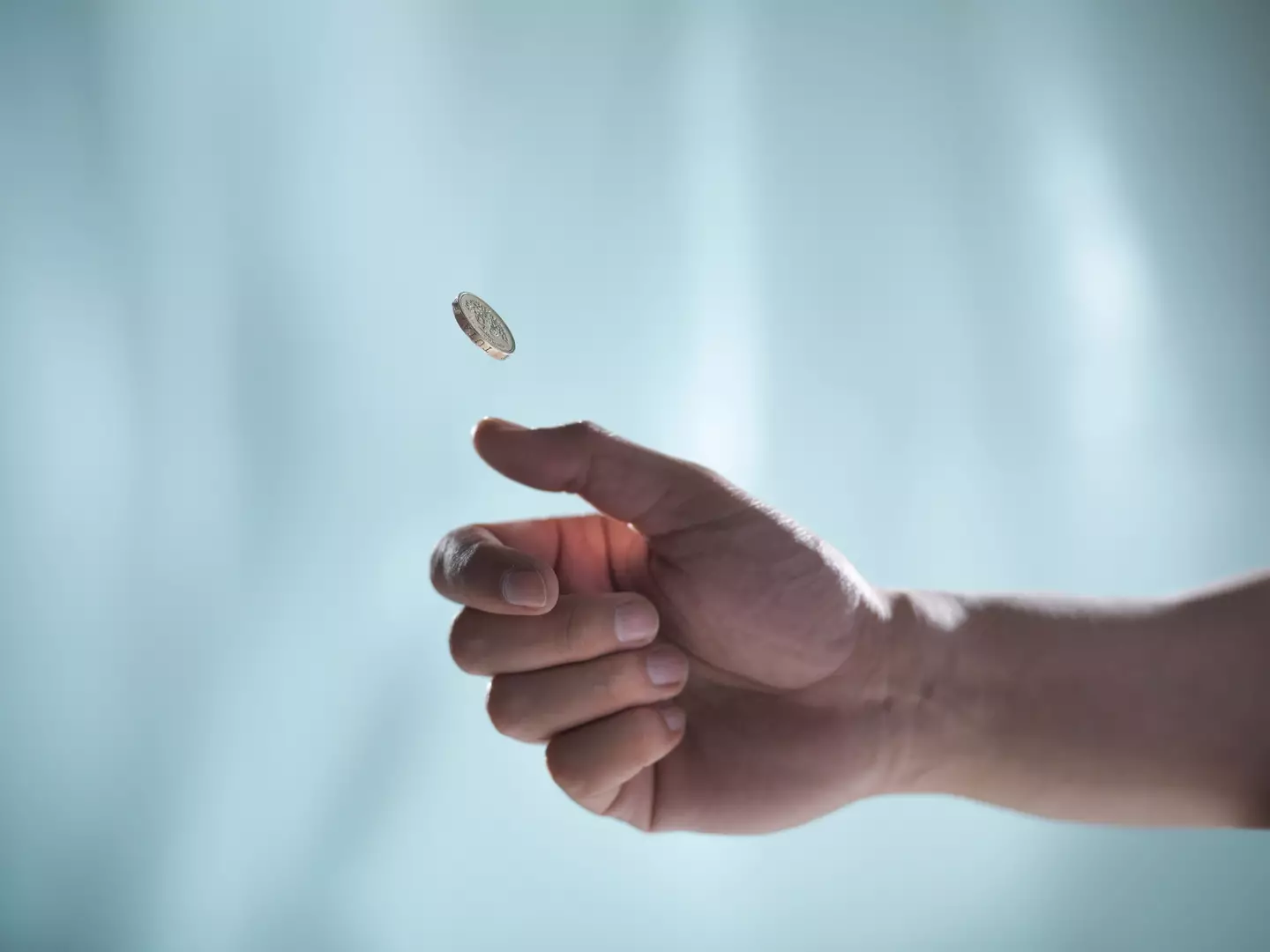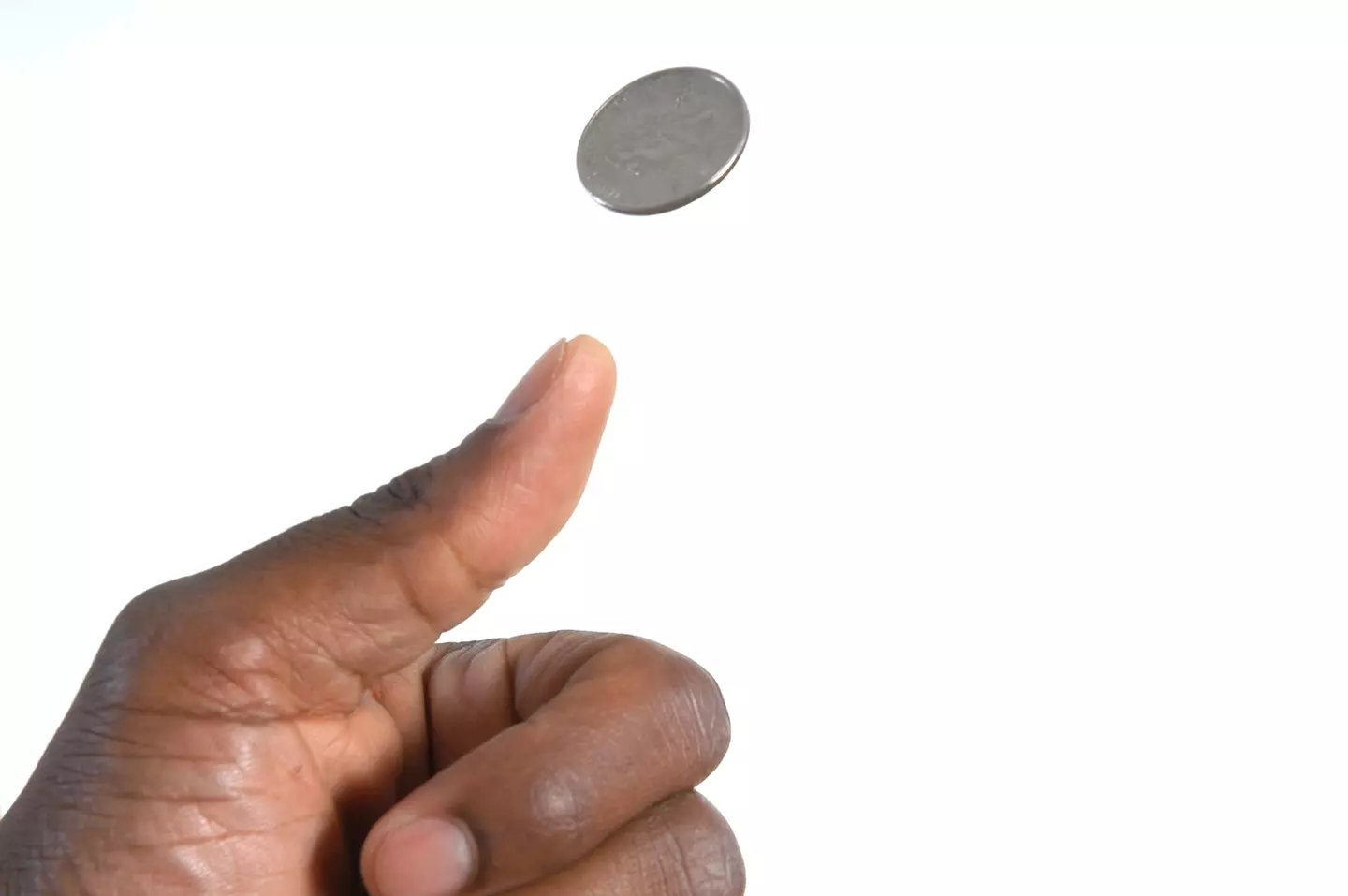
Heads or tails, seemingly one of the most even and fair ways to decide anything.
The technique is used in many sports - such as cricket - to decide on the course of a game, which could even affect the outcome.
But it turns out that even this seemingly fair way of deciding something may not be exactly right for a weird and wonderful reason.
One theory, which has not been peer-reviewed, suggests that there is in fact a tiny bias involved in the flipping of any coin.
Advert
It's a very specific theory, but it could be enough of a bias to make it always the safer option to always pick one side in a coin toss.
So what is this theory?
It's called, the Diaconis Model.
A paper which has not been peer reviewed describes it like this: "According to the Diaconis model, precession causes the coin to spend more time in the air with the initial side facing up.
Advert

"Consequently, the coin has a higher chance of landing on the same side as it started (i.e., ‘same-side bias’)."
So, because it's facing the same way as it started in the air more, there's a tiny bias towards that side.
But just how big of a bias is this?
Advert
The team explain, writing: "The magnitude of the observed bias can be illustrated using a betting scenario.
"If you bet a dollar on the outcome of a coin toss (i.e., paying 1 dollar to enter, and winning either 0 or 2 dollars depending on the outcome) and repeat the bet 1,000 times, knowing the starting position of the coin toss would earn you 19 dollars on average."

They continue: "This is more than the casino advantage for 6 deck blackjack against an optimal-strategy player, where the casino would make 5 dollars on a comparable bet, but less than the casino advantage for single-zero roulette, where the casino would make 27 dollars on average."
Advert
So, that's potentially quite a big difference played out over a lot of coin tosses.
And this actually played out when it was put to the test, with 48 people flipping 350,757 coins from 46 currencies.
The results after a whole lot of flipping of coins was that they found it had a 50.8% chance of landing on the side that it started.
Of course, there is one way that you can negate any advantage which could be given to someone in a competitive scenario.
Advert
This is to just make sure people don't know which side the coin started on. Problem solved!
Topics: News, Science, World News, Money, Weird
